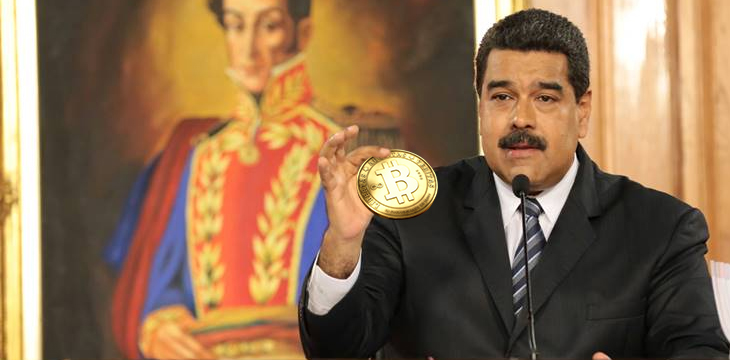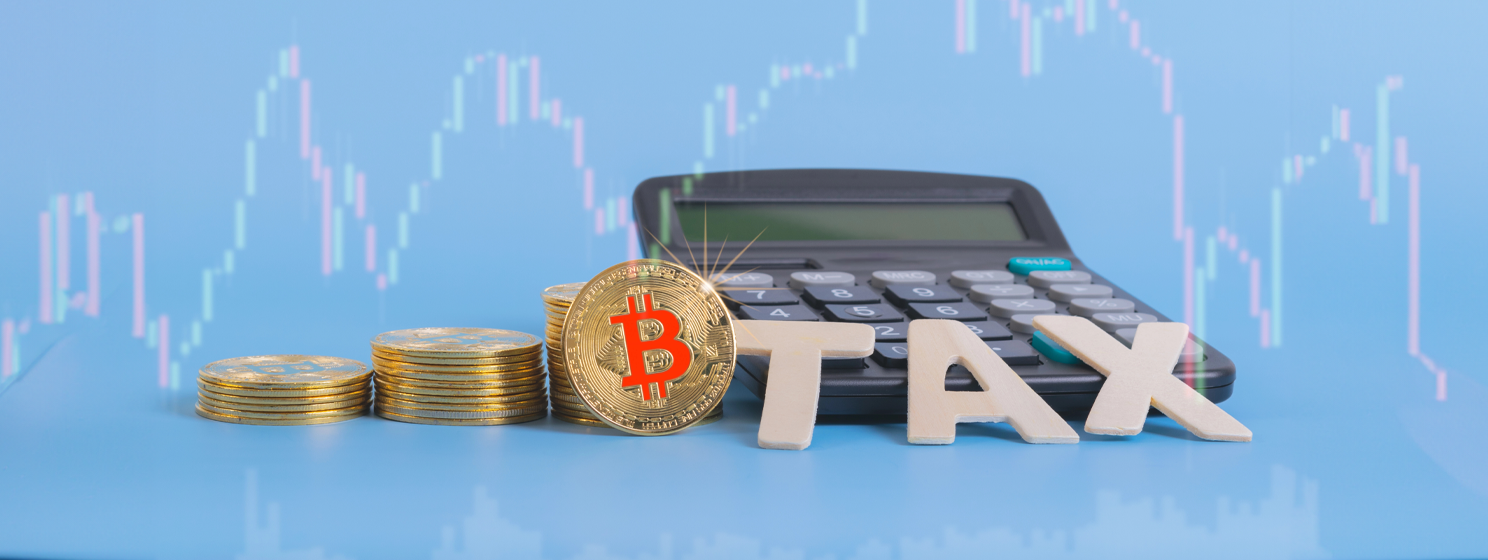|
Getting your Trinity Audio player ready...
|
Venezuelan politicians lock horns on whether the petro violates the constitution.
Political clash: petro rejected
Despite Venezuelan president Nicolás Maduro’s ardour over their freshly launched national cryptocurrency petro (PTR), the country’s opposition group Asamblea Nacional declares that the cryptocurrency is unconstitutional. The group says that the president has violated the laws on issuing coins and has no right to use oil fields as collateral.
In a declaration on their website, the group of politicians says that not only is the petro a violation of the Magna Carta, but that it is a scam that started out with “a war of lies” intended to keep stealing from Venezuelans.
“This deepens the crisis that we are living in. The PTR is another [example] of corruption, and we will come out of this crisis with measures that we have announced from this Parliament,” Representative Rafael Guzman said in a statement.
The group also criticized Maduro’s move obligating state-owned businesses to accept the petro, which some described as nothing but “oil-backed debt” rather than a currency at all.
“They want to continue embezzling the national Treasury, not only do they damage the National Integrated Customs and Tax Administration Service (Seniat) by forcing them to receive a devalued currency, but illegal papers,” says Guzman.
In retaliation, the group has released a document stating their vote to reject the implementation of the petro.
Controversy around the petro
Venezuela has been suffering an economic crisis, along with a political clash that saw Maduro creating an entirely new lawmaking body made entirely of his supporters, which was another move seen as unconstitutional. His decision to jump in on the cryptocurrency trade was seen as a desperate and harebrained attempt to generate huge funds quick.
But the petro has a lot to overcome. For one thing, skeptics doubt his statement that the “successful” token sale generated $735 million, which he claimed investors poured in within a matter of 24 hours. Without a third party verifying the amount, there is no way to prove this statement. The identity of these supposed investors was called into question as well.
“The situation in the country is becoming more jeopardized, nobody knows the origin of these investors,” says deputy Francisco Sucre. And even if Maduro succeeds in delivering the promised network, Sucre says that it is impossible to back the petro with the country’s oil reserves: “Oil fields are national goods and cannot be given as collateral.”
While the heated controversy is still roaring around the petro, Maduro is already eager to jump into another token sale: the petro gold, which would, as its name suggests, be backed by gold. Meanwhile, the petro itself was produced hastily, as it ended up being created as an asset on NEM instead of as a smart contract on Ethereum like its white paper stated.

 03-06-2026
03-06-2026 




